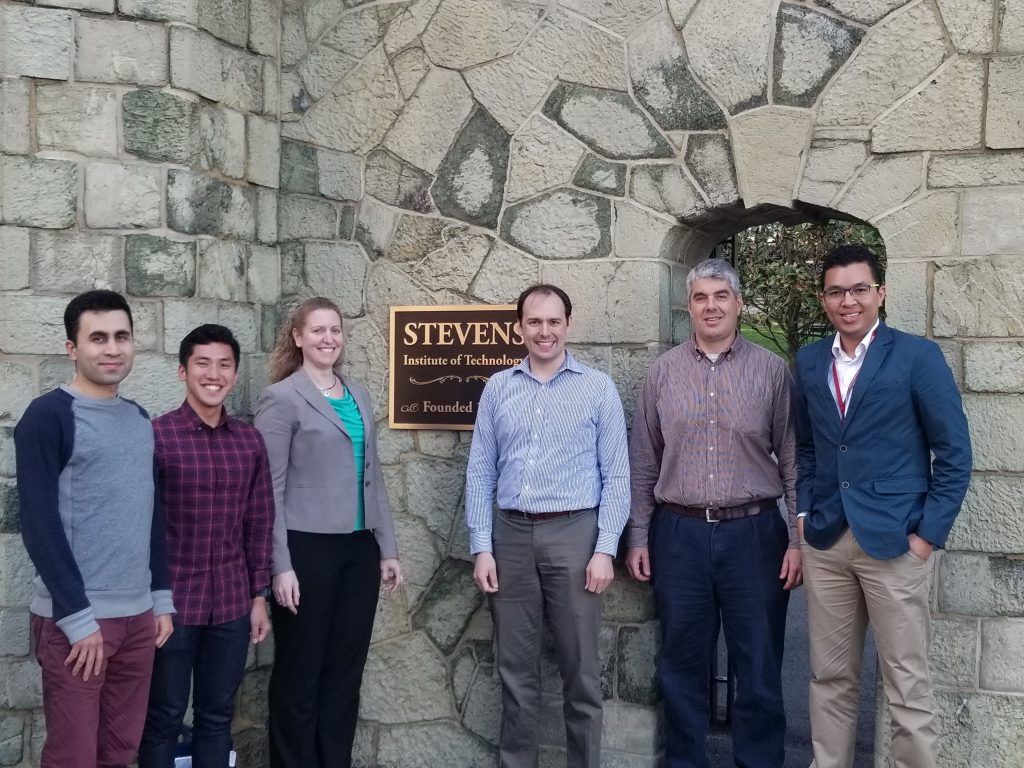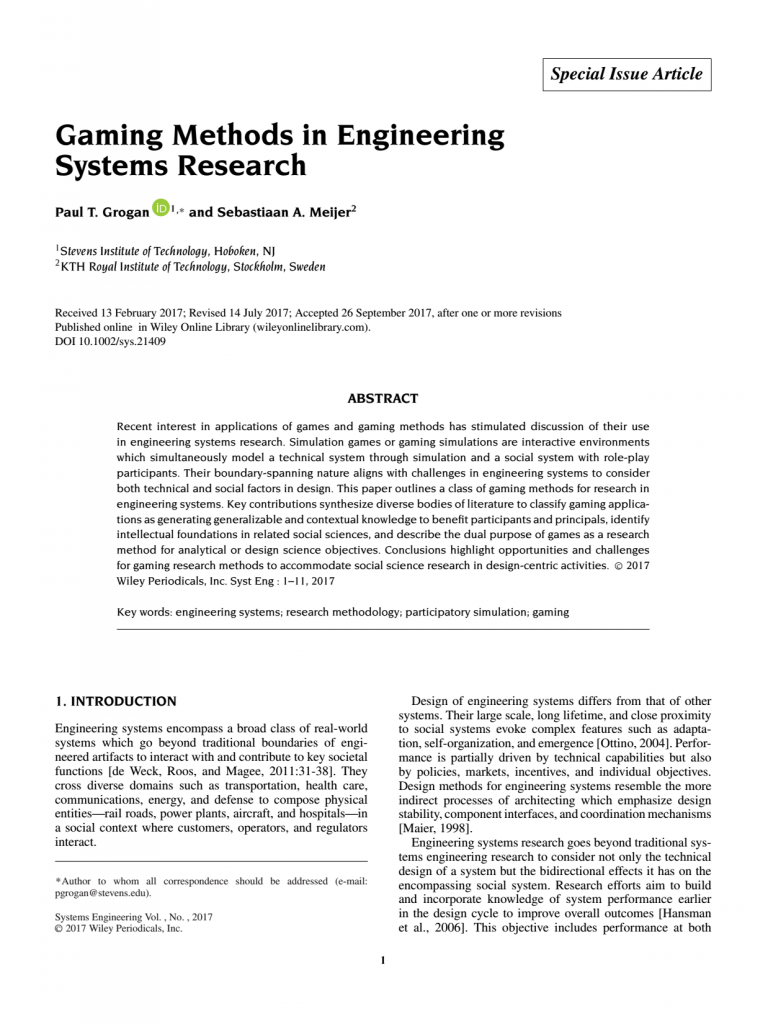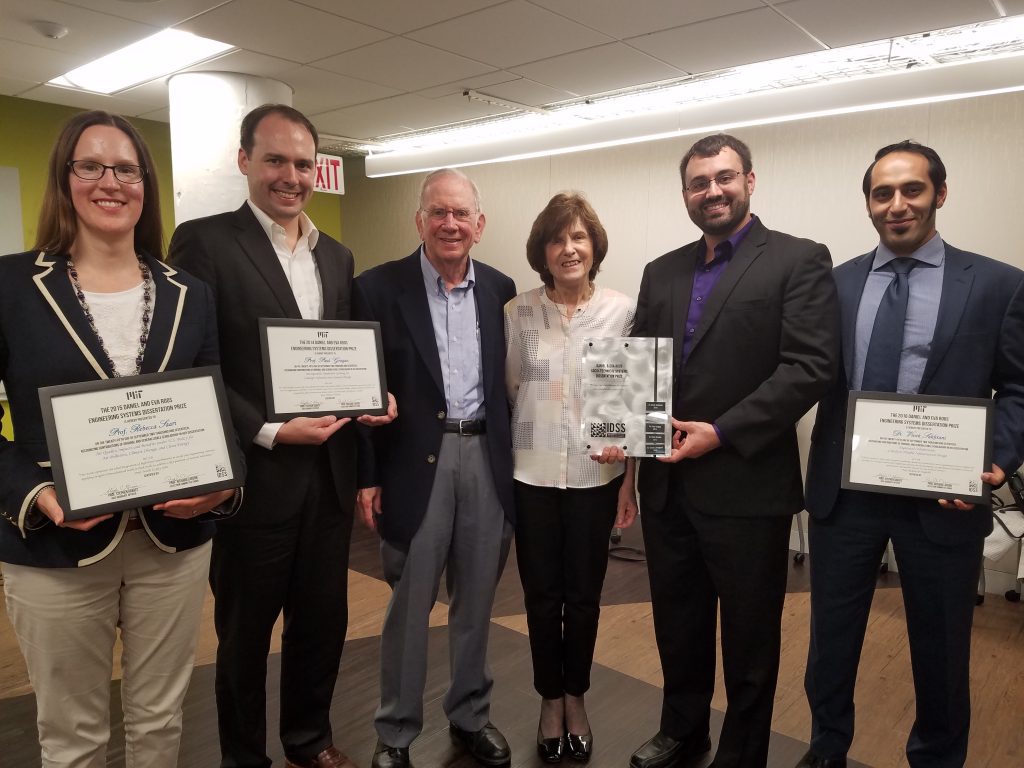7:00pm on Thursday, June 7, 2018, RSVP.
Paul Grogan will participate in a panel discussion at Nicholas O’Brien’s exhibition Treatment: A Plan for Rain at the Knockdown Center in Maspeth, NY. From the event page:
Topics to be discussed include biodiversity, urban planning, and maintenance, and participants will aim to unpack and sort through the interweaving disciplines that influence and affect the strategies and implementation of green infrastructure in the city and beyond.



